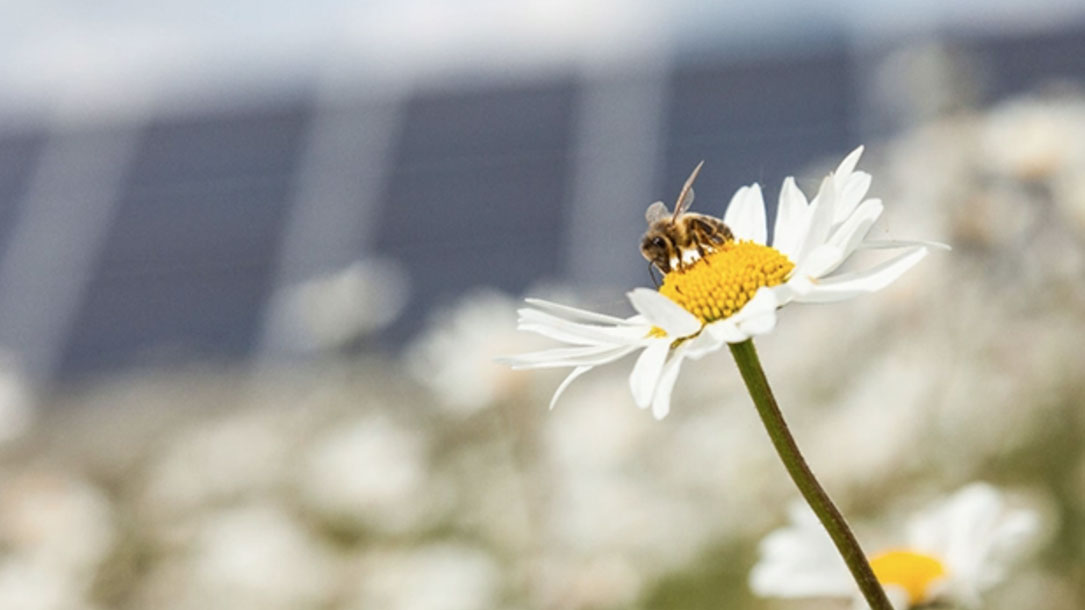
Highly compatible: pollinator-friendly solar projects and farming
Taking farmland out of production to increase harvests might seem counterintuitive. But new and ongoing research suggests that trading some farmland for deep-rooted prairie vegetation can provide habitat for wild insect pollinators and boost overall crop yields.
Increasingly popular pollinator-friendly solar projects, which cultivate low-growing meadows underneath the panels, present an opportunity to increase food production and clean energy generation at once. For a state like Minnesota, where farming is prevalent and the solar industry is expanding, this kind of compatibility between agriculture and solar energy production is a most welcome development…
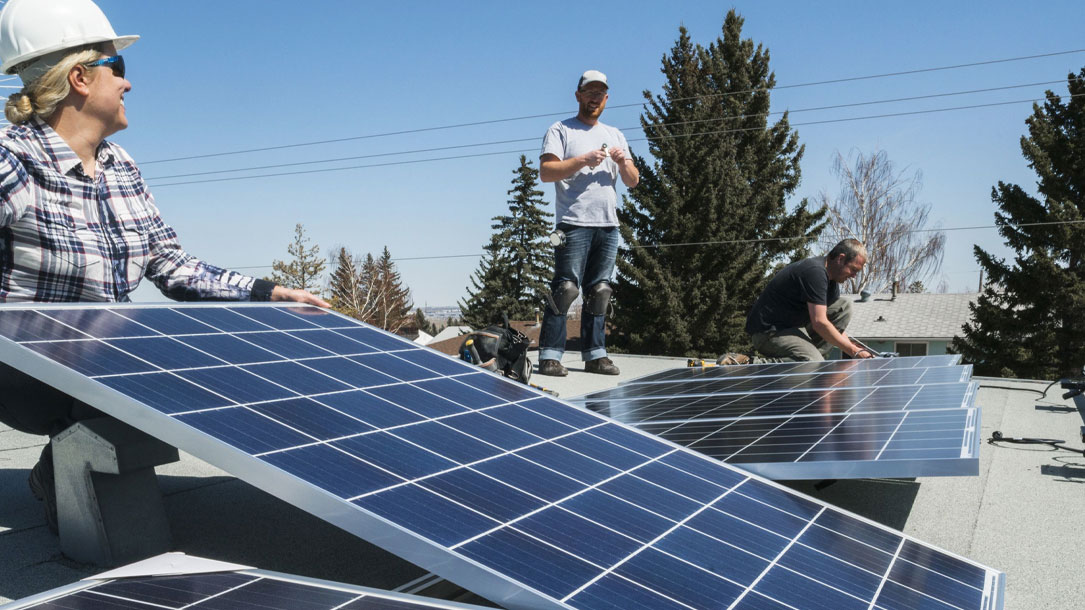
TNC: Catalyzing clean energy in northern New England
A recent study by The Nature Conservancy (TNC) and Coastal Enterprises Inc. (CEI) identifies strategies to transition New Hampshire, Vermont, and Maine to a clean energy economy. Innovative public-private partnerships and new investments can spark a clean energy future that has the potential to catalyze the creation of new jobs, expand access to renewable energy and energy efficiency, and lower greenhouse gas emissions…
TNC in Vermont, New Hampshire, and Maine and CEI commissioned the Vermont Energy Investment Corporation (VEIC) to research and identify the opportunities and challenges to clean energy investment, the results of which can be found in the “Advancing Clean Energy Investment in Northern New England” report.
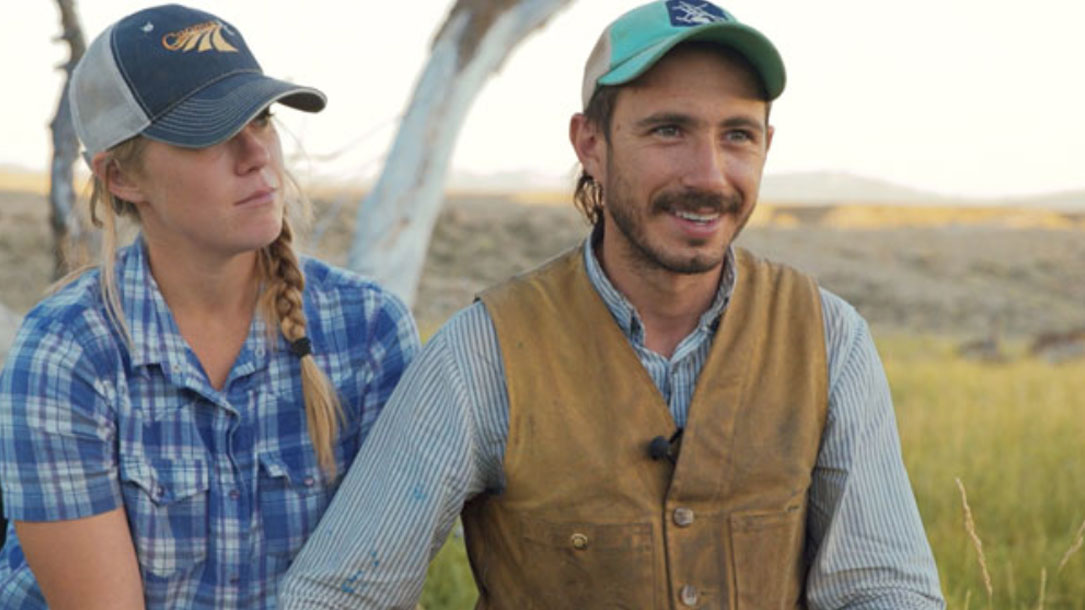
Climate change makes farming harder
Climate change is increasing a risk to farm and ranch survival, given extreme weather, blights, water challenges, and changes in soil. That’s one of the reasons why farmers are embracing renewable energy to help buffer potential losses and help restore the land.
The Young Farmers Coalition speaks here with Yale Climate Connections about what this means to young farmers. This could be something you could share with folks who care about farming and farmers, with a link to how they can slow down climate change. This is short—probably even too short—but it’s a good snippet.
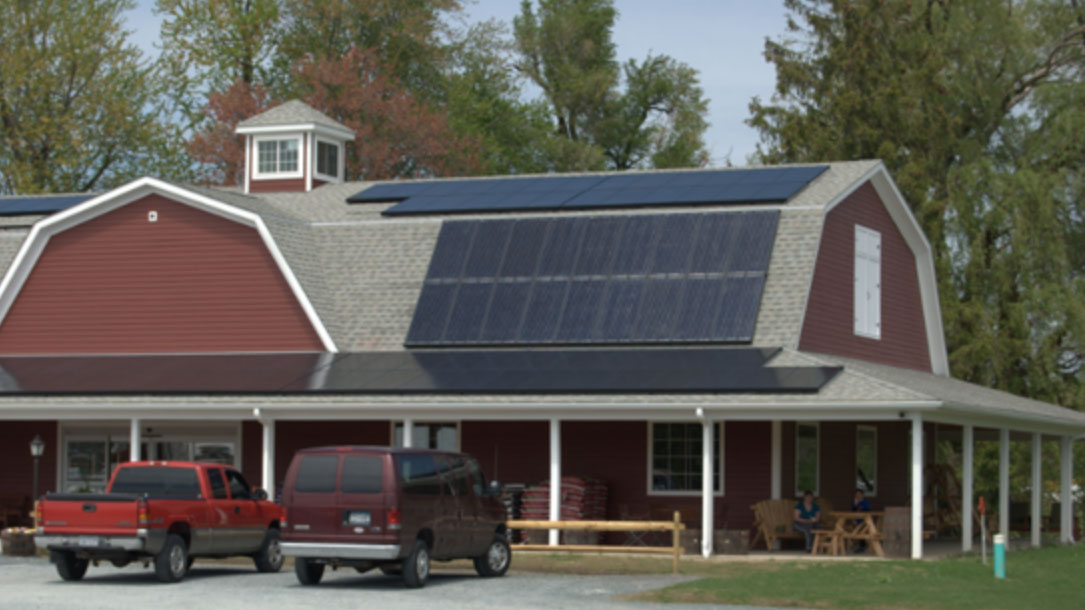
How the fossil fuel industry got the media to think climate change was debatable
Learning about how deception and false equivalence is an ongoing strategy is important for your work in conservation, as well as in understanding climate change communications. This is a thoughtful article that has concepts transferable to many strategies involving the power of doubt…
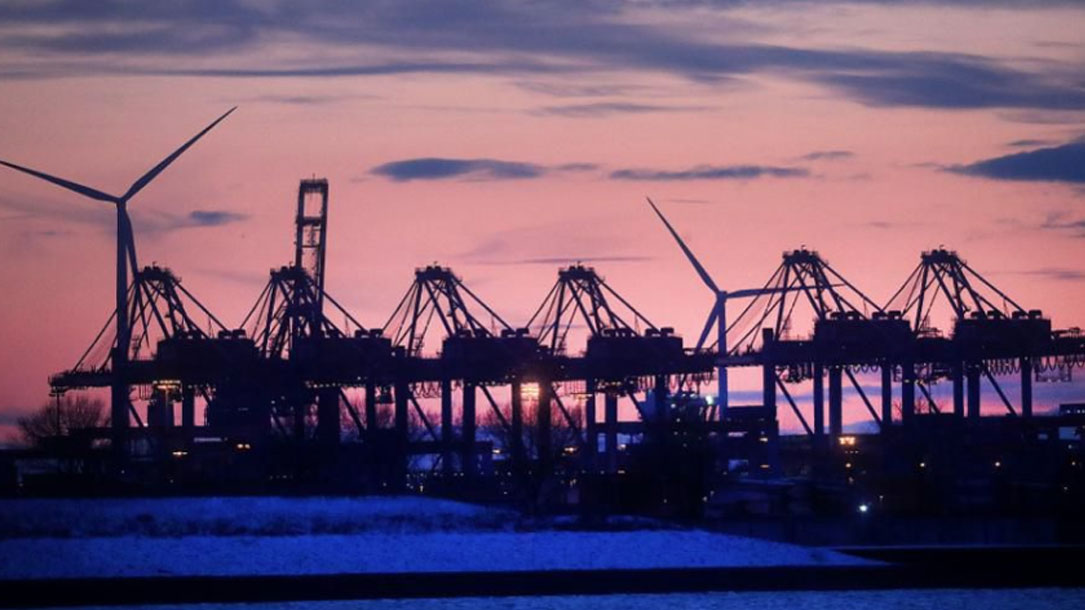
Renewables investment nudges out fossil fuel and nuclear
“The global clean energy transition is gaining pace as it becomes a mainstream investment option. According to the latest research from CERES on progress to a ‘Clean Trillion’ it is also one that far outstripped fossil fuels and nuclear in 2017.
In 2017 the clean energy industry reached a critical turning point. Growth and cost reductions across the sector have far outperformed expectations based on policy frameworks alone. Dramatic reductions in cost, increases in scale, and technology improvements have fundamentally changed the dynamics of the clean energy market. Energy market dynamics have shifted in favor of clean energy technologies such as wind and solar, which increasingly out-compete new fossil fuel and nuclear power sources…”
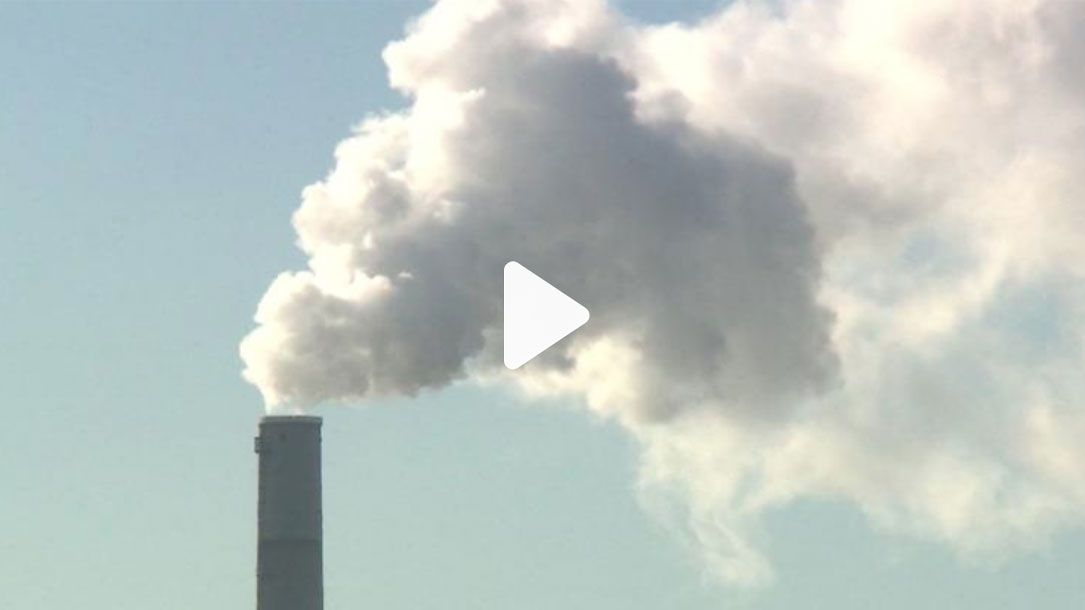
Planet has only until 2030 to stem catastrophic climate change, experts warn
“Governments around the world must take “rapid, far-reaching and unprecedented changes in all aspects of society” to avoid disastrous levels of global warming, says a stark new report from the global scientific authority on climate change.
The report issued Monday by the UN Intergovernmental Panel on Climate Change (IPCC), says the planet will reach the crucial threshold of 1.5 degrees Celsius (2.7 degrees Fahrenheit) above pre-industrial levels by as early as 2030, precipitating the risk of extreme drought, wildfires, floods and food shortages for hundreds of millions of people…”
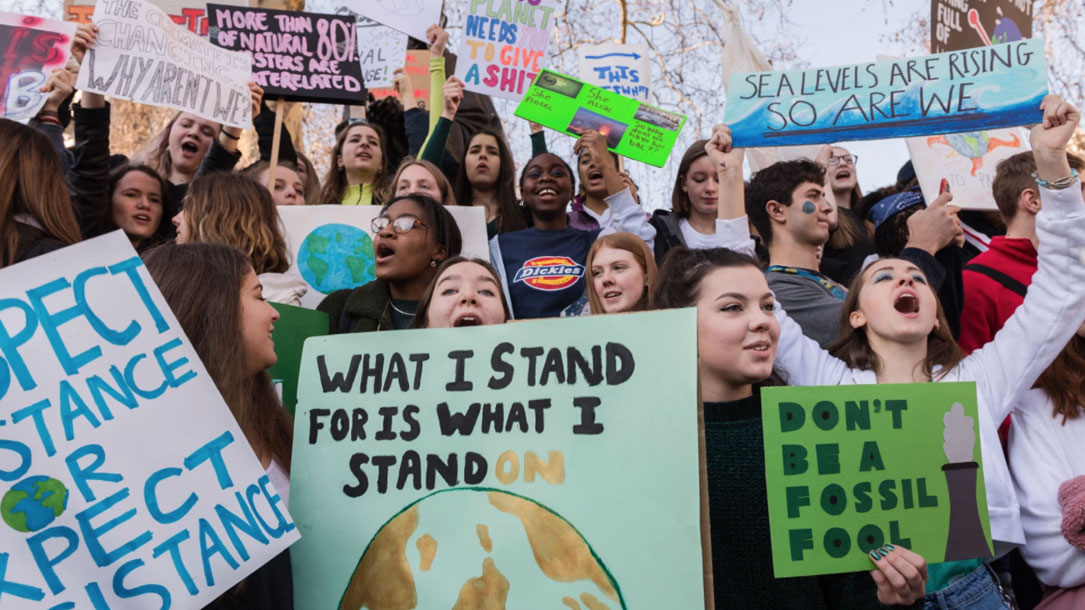
Where Americans (mostly) agree on climate change policies
“Americans are politically divided over climate change, but there’s broader consensus around some of the solutions.
New data from the Yale Program on Climate Change Communication — in partnership with Utah State University and the University of California, Santa Barbara — show how Americans across the country view climate and energy policies.
There is widespread support for renewable energy…”

Carbon market incentives to conserve, restore and enhance soil carbon
Soils rich in organic carbon are associated with enhanced agricultural productivity, water cycling, biodiversity and climate change adaptation and mitigation. But despite the important role soils can play in fighting climate change, they have largely been missing from carbon markets.
There are signs that the future may be more promising. This study assesses the specific situation of soil carbon—its position in climate policy, the specific challenges, and the opportunities for intervention…
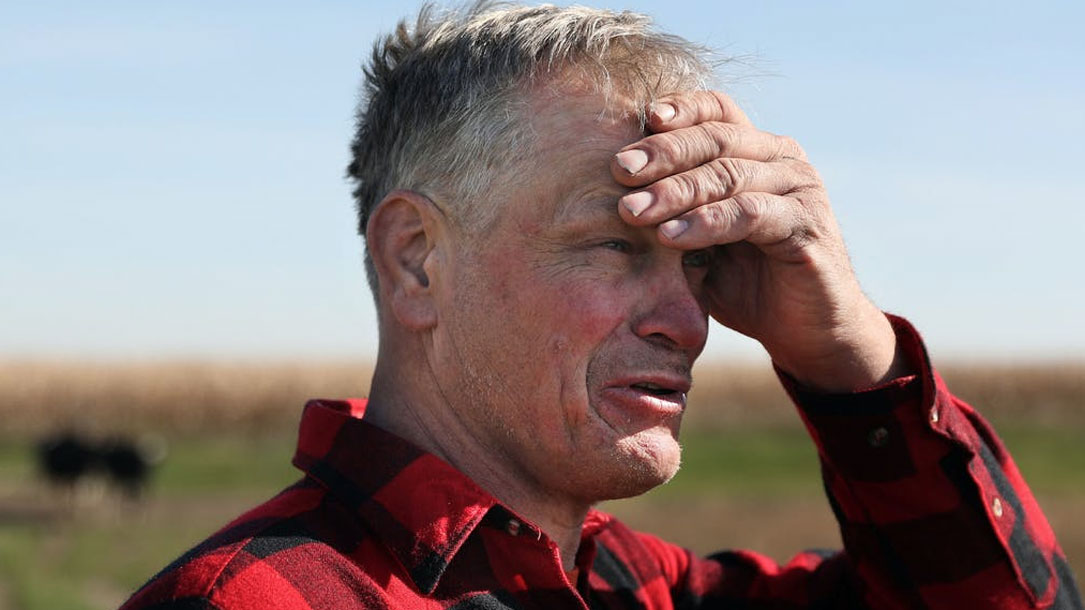
Mental health issues cropping up as financial stress continues on farms
“Organic dairy farmer Kevin Stuedemann knows how it feels to be on the verge of calling it quits.
After several producers in his area went out of business, Stuedemann’s milk buyer ended its contract with him on 30 days’ notice because there were no longer enough organic dairies nearby to justify sending a truck. With 70 cows producing milk, no customers and zero income, Stuedemann searched frantically for a new buyer and took an off-farm job to make ends meet…”
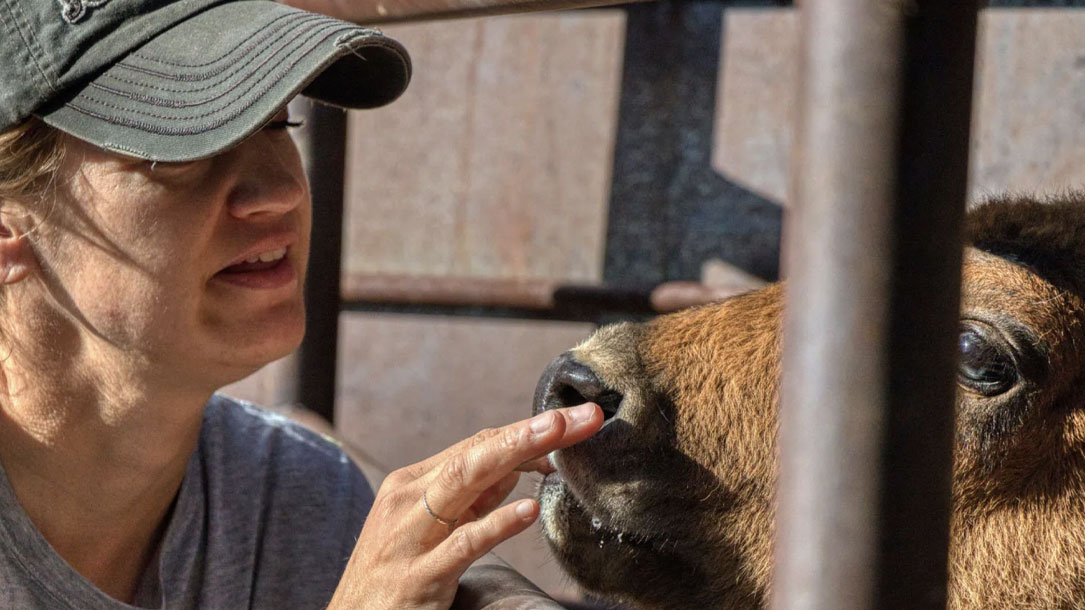
This farmer turns manure into clean water and it may be the future of farming
Austin Allred is so devoted to dairy farming that he switched over to it after growing up as a crop farmer. He now runs Royal Dairy, located in central Washington, where cows are a powerful tool in an astonishing process that creates bio-rich soil and clean irrigation water while cutting down greenhouse gases.
That’s because as much as Royal Dairy cares about what goes into the cows, visitors will quickly realize that their operation is equally concerned with what comes out of them…












